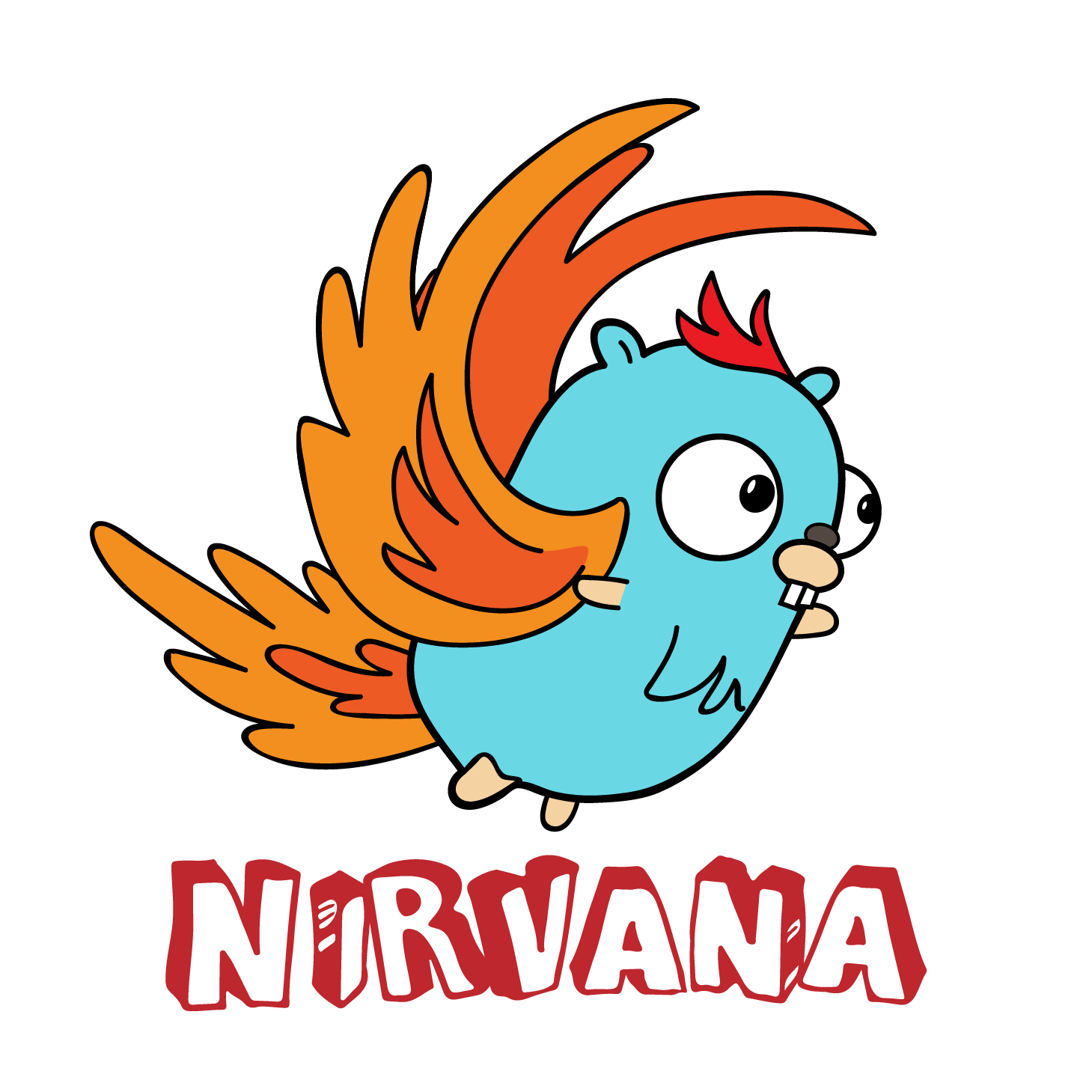 Documentation
¶
Documentation
¶
Index ¶
- Constants
- func RegisterConfigInstaller(ci ConfigInstaller)
- type Config
- type ConfigInstaller
- type Configurer
- func APIStyle(apiStyle service.APIStyle) Configurer
- func Descriptor(descriptors ...interface{}) Configurer
- func Filter(filters ...service.Filter) Configurer
- func IP(ip string) Configurer
- func Logger(logger log.Logger) Configurer
- func Modifier(modifiers ...service.DefinitionModifier) Configurer
- func Port(port uint16) Configurer
- func TLS(certFile, keyFile string) Configurer
- type Server
Constants ¶
const Banner = `` /* 307-byte string literal not displayed */
Banner shows an ASCII art of nirvana.
const Logo = `` /* 2299-byte string literal not displayed */
Logo presents an ASCII art of nirvana logo.
Variables ¶
This section is empty.
Functions ¶
func RegisterConfigInstaller ¶
func RegisterConfigInstaller(ci ConfigInstaller)
RegisterConfigInstaller registers a config installer.
Types ¶
type Config ¶
type Config struct {
// contains filtered or unexported fields
}
Config describes configuration of server.
func NewConfig ¶
func NewConfig() *Config
NewConfig creates a pure config. If you don't know how to set filters and modifiers for specific scenario, please use NewDefaultConfig().
func NewDefaultConfig ¶
func NewDefaultConfig() *Config
NewDefaultConfig creates default config. Default config contains:
Filters: RedirectTrailingSlash, FillLeadingSlash, ParseRequestForm.
Modifiers: FirstContextParameter,
ConsumeAllIfConsumesIsEmpty, ProduceAllIfProducesIsEmpty,
ConsumeNoneForHTTPGet, ConsumeNoneForHTTPDelete,
ProduceNoneForHTTPDelete.
func (*Config) Configure ¶
func (c *Config) Configure(configurers ...Configurer) *Config
Configure configs by configurers. It panics if an error occurs or config is locked.
type ConfigInstaller ¶
type ConfigInstaller interface {
// Name is the external config name.
Name() string
// Install installs stuffs before server starting.
Install(builder service.Builder, config *Config) error
// Uninstall uninstalls stuffs after server terminating.
Uninstall(builder service.Builder, config *Config) error
}
ConfigInstaller is used to install config to service builder.
func ConfigInstallerFor ¶
func ConfigInstallerFor(name string) ConfigInstaller
ConfigInstallerFor gets installer by name.
type Configurer ¶
Configurer is used to configure server config.
func APIStyle ¶ added in v0.3.0
func APIStyle(apiStyle service.APIStyle) Configurer
APIStyle returns a configurer to set api style into config.
func Descriptor ¶
func Descriptor(descriptors ...interface{}) Configurer
Descriptor returns a configurer to add descriptors into config.
func Filter ¶
func Filter(filters ...service.Filter) Configurer
Filter returns a configurer to add filters into config.
func Logger ¶
func Logger(logger log.Logger) Configurer
Logger returns a configurer to set logger into config.
func Modifier ¶
func Modifier(modifiers ...service.DefinitionModifier) Configurer
Modifier returns a configurer to add definition modifiers into config.
func TLS ¶ added in v0.2.0
func TLS(certFile, keyFile string) Configurer
TLS returns a configurer to set certFile and keyFile in config.
type Server ¶
type Server interface {
// Serve starts to listen and serve requests.
// The method won't return except an error occurs.
Serve() error
// Shutdown gracefully shuts down the server without interrupting any
// active connections.
Shutdown(ctx context.Context) error
// Builder create a service builder for current server. Don't use this method directly except
// there is a special server to hold http services. After server shutdown, clean resources via
// returned cleaner.
// This method always returns same builder until cleaner is called. Then it will
// returns new one.
Builder() (builder service.Builder, cleaner func() error, err error)
}
Server is a complete API server. The server contains a router to handle all requests from clients.

